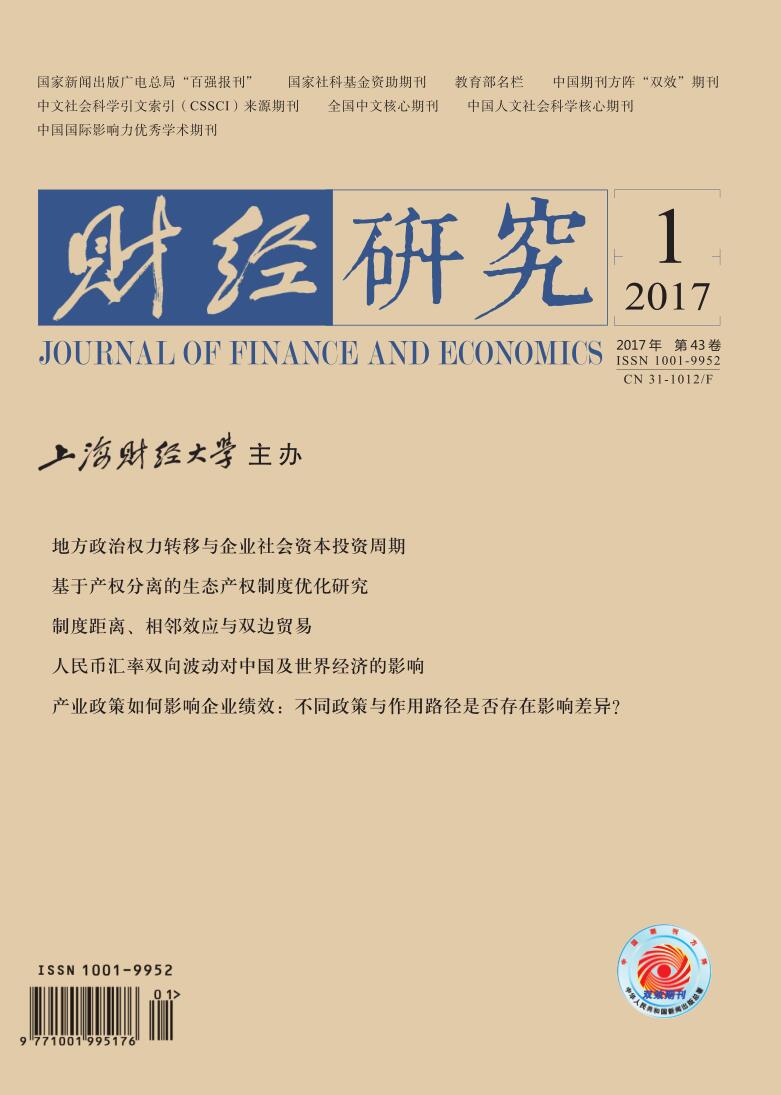Using the data of Chinese state-owned listed firms from 2004 to 2013, this paper examines the effect of pyramidal layers of state-owned enterprises on managers' incentive contracts, and the differences of the above effect under different political connections. It shows that the longer the pyramidal layers of state-owned enterprises is, the stronger the correlation between executive compensation and accounting performance is and the more manages are likely to be replaced owing to bad accounting performance;meanwhile, in the sample of managers without political connections, the above phenomenon is more obvious. These above results indicate that the pyramid structure of state-owned enterprises is a kind of institutional arrangement of government decentralization, and reduces the political costs state-owned enterprises face. However, it also finds that for enterprises with good performance, too long pyramidal layers may lead to excessive power of managers, resulting in executives' compensation manipulation. These findings provide policy implications for deepening the reform of state-owned enterprises.
 / Journals / Journal of Finance and Economics
/ Journals / Journal of Finance and EconomicsJournal of Finance and Economics
LiuYuanchun, Editor-in-Chief
ZhengChunrong, Vice Executive Editor-in-Chief
YaoLan BaoXiaohua HuangJun, Vice Editor-in-Chief
Do Pyramidal Layers Lower the Political Costs of SOEs? An Empirical Study Based on Managers' Incentives
Journal of Finance and Economics Vol. 43, Issue 01, pp. 29 - 40 (2017) DOI:10.16538/j.cnki.jfe.2017.01.003
Abstract
References
Abstract
Cite this article
Zhou Jing, Xin Qingquan. Do Pyramidal Layers Lower the Political Costs of SOEs? An Empirical Study Based on Managers' Incentives[J]. Journal of Finance and Economics, 2017, 43(1): 29–40.
Export Citations as:
For
ISSUE COVER
RELATED ARTICLES




 8510
8510  9381
9381

